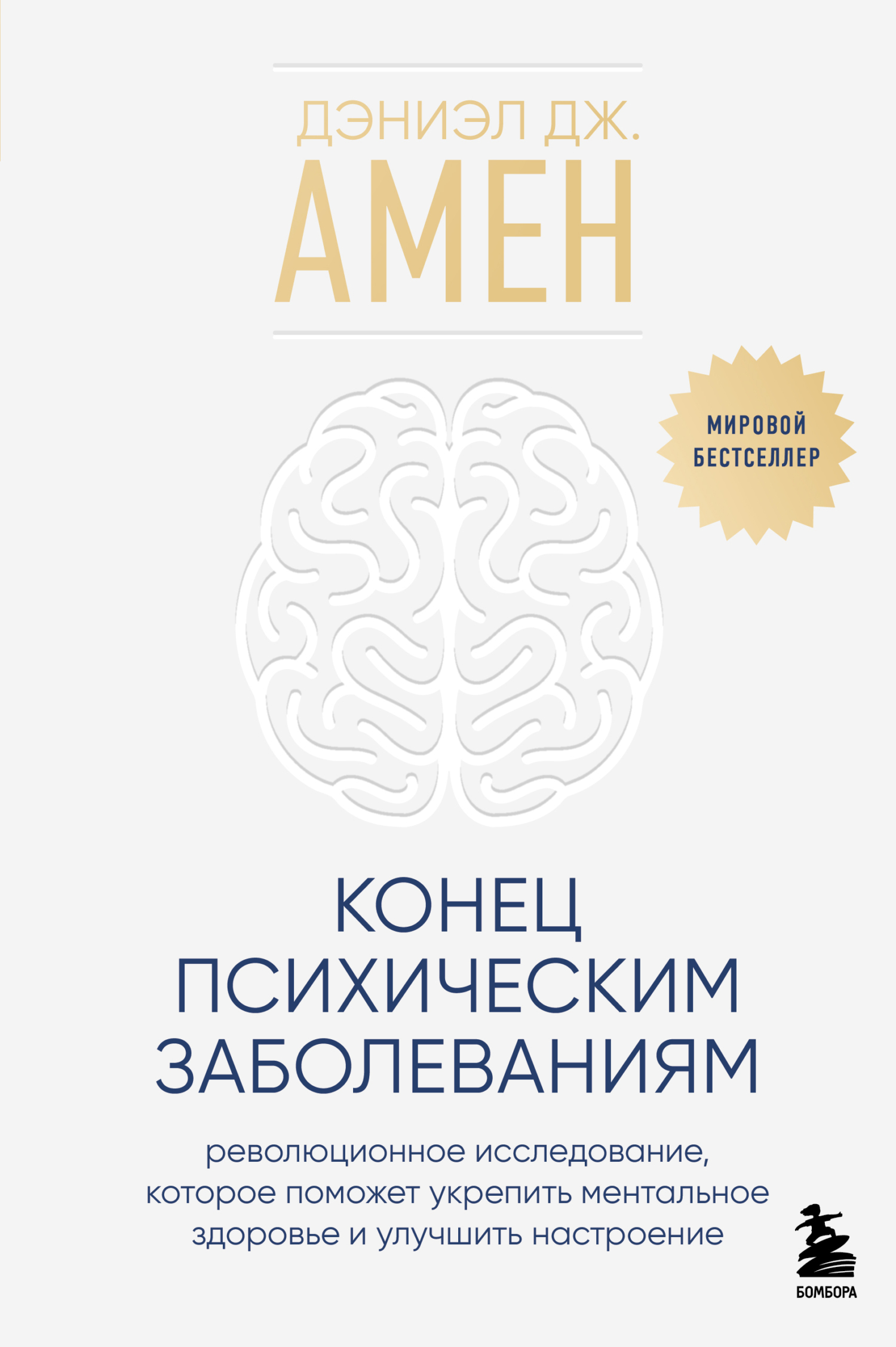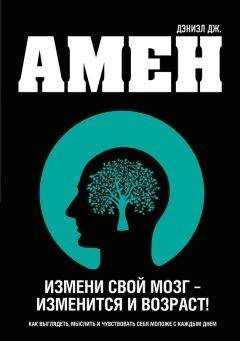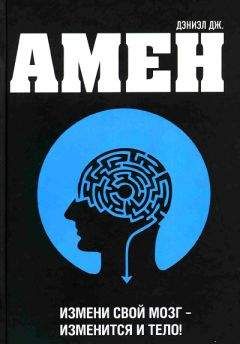id="id663">
4 Ying Qiang Xiang et al., “Adjunctive Minocycline for Schizophrenia: A Meta-analysis of Randomized Controlled Trials,” European Neuropsychopharmacology 27, no. 1 (January 2017): 8-18.
Amen, Memory Rescue, 192.
“Toxoplasmosis Frequently Asked Questions (FAQs),” Centers for Disease Control and Prevention, last reviewed September 28, 2018, https://www.cdc.gov/parasites/toxoplasmosis/gen_info/faqs.html.
Claudia Del Grande et al., “Is Toxoplasma gondii a Trigger of Bipolar Disorder?” Pathogens 6, no. 1 (March 2017): e3.
Jaana Suvisaari et al., “Toxoplasma gondii Infection and Common Mental Disorders in the Finnish General Population,” Journal of Affective Disorders 223 (December 1, 2017): 20–25.
C. J. Carter, “Toxoplasmosis and Polygenic Disease Susceptibility Genes: Extensive Toxoplasma gondii Host/Pathogen Interactome Enrichment in Nine Psychiatric or Neurological Disorders,” Journal of Pathogens 2013 (2013): 965046.
Ed Yong, “Zombie Roaches and Other Parasite Tales,” TED Talk, March 2014, video, 13:02, https://www.ted.com/talks/ed_yong_suicidal_wasps_zombie_roaches_and_other_tales_of_parasites.
“What Is PANS?” Moleculera Labs, accessed August 16, 2019, https://www.moleculeralabs.com/what-is-pans/
O. Köhler et al., “Infections and Exposure to Anti-infective Agents and the Risk of Severe Mental Disorders: A Nationwide Study,” Acta Psychiatrica Scandinavica 135, no. 2 (February 2017): 97-105.
Emily G. Severance et al., “Candida albicans Exposures, Sex Specificity and Cognitive Deficits in Schizophrenia and Bipolar Disorder,” npj Schizophrenia 2 (May 4, 2016): 16018.
Emily Severance, quoted at “Yeast Infection Linked to Mental Illness,” Johns Hopkins Medicine, May 4, 2016, https://www.hopkinsmedicine.org/news/media/releases/yeast_infection_linked_to_mental_illness
Yifan Wu et al., “Microglia and Amyloid Precursor Protein Coordinate Control of Transient Candida Cerebritis with Memory Deficits,” Nature Communications 10, no. 1 (January 4, 2019): 58.
Adit A. Ginde, Mark C. Liu, and Carlos A. Camargo Jr., “Demographic Differences and Trends of Vitamin D Insufficiency in the US Population, 1988–2004,” Archives of Internal Medicine 169, no. 6 (March 23, 2009): 626-32.
Amen, Memory Rescue, 194.
Frederic Blanc et al., “Lyme Neuroborreliosis and Dementia,” Journal of Alzheimer’s Disease 41, no. 4 (2014): 1087-93.
Justin C. McArthur, “HIV Dementia: An Evolving Disease,” Journal of Neuroimmunology 157, nos. 1–2 (December 2004): 3-10.
Judith Miklossy, “Historic Evidence to Support a Causal Relationship between Spirochetal Infections and Alzheimer’s Disease,” Frontiers in Aging Neuroscience 7 (April 16, 2015): 46.
Steven A. Harris and Elizabeth A. Harris, “Herpes Simplex Virus Type 1 and Other Pathogens Are Key Causative Factors in Sporadic Alzheimer’s Disease,” Journal of Alzheimer’s Disease 48, no. 2 (2015): 319-53. Ariah J. Steel and Guy D. Eslick, “Herpes Viruses Increase the Risk of Alzheimer’s Disease: A Meta-Analysis,” Journal of Alzheimer’s Disease 47, no. 2 (2015): 351-64.
Lisa L. Barnes et al., “Cytomegalovirus Infection and Risk of Alzheimer Disease in Older Black and White Individuals,” Journal of Infectious Diseases 211, no. 2 (January 15, 2015): 230-37.
S. M. Shim et al., “Elevated Epstein-Barr Virus Antibody Level Is Associated with Cognitive Decline in the Korean Elderly,” Journal of Alzheimer’s Disease 55, no. 1 (2017): 293–301.
Mahmoud Mahami-Oskouei et al., “Toxoplasmosis and Alzheimer: Can Toxoplasma gondii Really Be Introduced as a Risk Factor in Etiology of Alzheimer?” Parasitology Research 115, no. 8 (August 2016): 3169-74.
Tali Shindler-Itskovitch et al., “A Systematic Review and Meta-Analysis of the Association between Helicobacterpylori Infection and Dementia,” Journal of Alzheimer’s Disease 52, no. 4 (2016): 1431-42.
Priya Maheshwari and Guy D. Eslick, “Bacterial Infection and Alzheimer’s Disease: A Meta-analysis,” Journal of Alzheimer’s Disease 43, no. 3 (2015): 957-66.
Brunetta Porcelli et al., “Association between Stressful Life Events and Autoimmune Diseases: A Systematic Review and Meta-analysis of Retrospective Case-Control Studies,” Autoimmunity Reviews 15, no. 4 (April 2016): 325-34. A. Matos-Santos et al., “Relationship between the Number and Impact of Stressful Life Events and the Onset of Graves’ Disease and Toxic Nodular Goitre,” Clinical Endocrinology (Oxford) 55, no. 1 (July 2001): 15–19. David C. Mohr et al., “Association between Stressful Life Events and Exacerbation in Multiple Sclerosis: A Meta-analysis,” BMJ 328 (March 27, 2004): 731.
Lee S. Berk et al., “Modulation of Neuroimmune Parameters during the Eustress of Humor-Associated Mirthful Laughter,” Alternative Therapies in Health and Medicine 7, no. 2 (March 2001): 62–72, 74–76. Kyung Hee Ryu, Hye Sook Shin, and Eun Young Yang, “Effects of Laughter Therapy on Immune Responses in Postpartum Women,” Journal of Alternative and Complementary Medicine 21, no. 12 (December 2015): 781-88. Norman Cousins, “Anatomy of an Illness (as Perceived by the Patient),” New England Journal of Medicine 295, no. 26 (December 23, 1976): 1458-63.
S. P. Wasser, “Medicinal Mushrooms as a Source of Antitumor and Immunomodulating Polysaccharides,” Applied Microbiology and Biotechnology 60, no. 3 (November 2002): 258-74.50. Peter Roupas et al., “The Role of Edible Mushrooms in Health: Evaluation of the Evidence,” Journal of Functional Foods 4, no. 4 (October 2012): 687–709. Seema Patel and Arun Goyal, “Recent Developments in Mushrooms as Anti-cancer Therapeutics: A Review,” 3 Biotech 2, no. 1 (March 2012): 1-15. Lu Ren, Conrad Perera, and Yacine Hemar, “Antitumor Activity of Mushroom Polysaccharides: A Review,” Food and Function 3, no. 11 (November 2012): 1118-30. Dhanushka Gunawardena et al., “Anti-inflammatory Effects of Five Commercially Available Mushroom Species Determined in Lipopolysaccharide and Interferon-γ Activated Murine Macrophages,” Food Chemistry 148 (April 1, 2014): 92–96.





